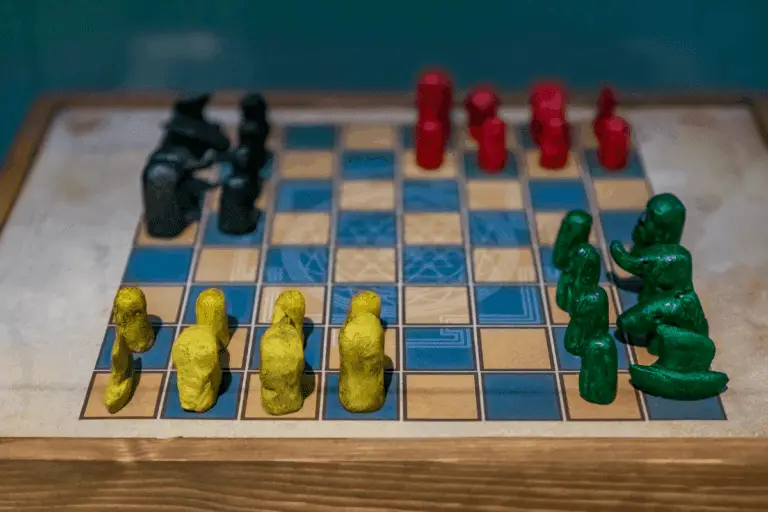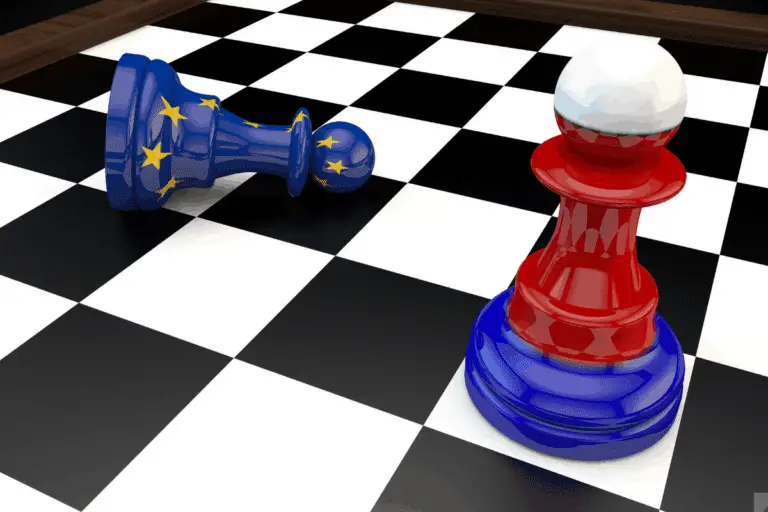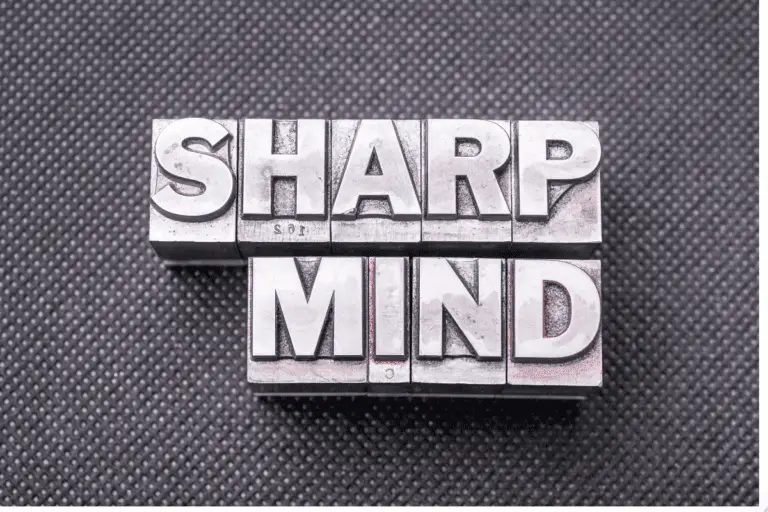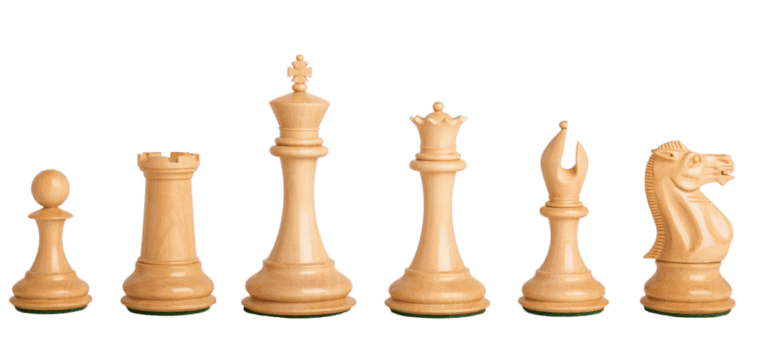Are Chess Players Good at Math? (Answers – Examples)
⭐⭐⭐ Take 6 minutes to read and improve your chess game ➡️ : This article was first published on, and is Copyright of Chessquestions.com
A game of chess and mathematics! Are chess players good at Math is a classic question the world wants to find an answer for. Parents and adults are especially curious to know the answer and the relation to cognitive ability. If you’re one of them and have landed on this page, I’ve looked into the connection between chess and math.
As a general rule, chess players can become adept at math, and conversely, good mathematicians will build ability should they choose to study chess. Both activities require problem-solving, deep thought, logical thinking skills, pattern recognition and geometrical skill.
Ability in one skill is not a prerequisite for ability in the other. A good chess player is likely to have math skills, although, on the flip-side, a good mathematician may not be able to match the seasoned chess players skill on the board
In this article, you’ll understand whether chess players are good at mathematics or not. You’ll also meet some world champions who were mathematicians themselves with superb chess ability. Also, you will find out what researchers have to say in this regard.
Playing Chess Might be Better for Math, than Practicing Math is for Playing Chess
Ability in one skill is not a prerequisite for ability in the other. A good chess player is likely to have math skills, although, on the flip side, a good mathematician may not be able to match the seasoned chess player’s skill on the board with the best chess moves.
An ability to play chess having studied the game, its tactics, strategy, and patterns, lends itself to assist in learning basic math but not make you understand numbers and geometry by default. Playing chess will not give you Albert Einstein’s mathematical abilities.
When we flip that over and take a good and able mathematician, and give them a chess board, they too will only be able to master the basics at first. Indeed, they will need to learn all of the names of the chess pieces, and the range of moves they can make before doing anything else.
Studying chess is however beneficial and can make you smarter, I am sure.
When Chess might be helpful
There could be some cases when chess might actually help intelligence. Here’s how the skills learned in chess could be transferred to the realm of mathematics.
- Chess instruction teaches one to visualize and see 10 steps ahead (not always!). This is one of the effects of chess might help one retain numbers in their head while performing calculations.
- Avid chess players can concentrate well in chess games. As we know, concentration is a critical skill for executing any task perfectly. This can help to focus your mind solely on the next mathematical puzzle.
- The understanding of files, rows, and diagonals might benefit a chess player in a geometry class.
- Chess players are often good at recognizing patterns and forming a ‘database of ideas in their minds’. This is one of the benefits of chess and can be applied to maths as well. Knowing the exact result of a particular calculation can be useful while computing complex mathematical problems.
- Chess players are good at understanding and analyzing data. While training and preparing against an opponent, a chess player will go through their games and understand their style of play. Doing this for a long time certainly improves their ability in terms of interpreting data.
What the Chess Community Thinks
First of all, the chess community is a busy place. Everyone is so occupied with how to play this opening, how to calculate better etc that most of them don’t pay attention to such things.
In general, I think chess players would do well if they dedicated their effort to study mathematics. But in general, most of them are average. Neither terrible nor exceptional.
Of course, there are people who firmly believe chess improves mathematical ability. But there are also the ones who don’t believe in it. The community is divided on it.
Let’s take a look at some examples:
Yes, I’m sure the ability to problem solve as it stands in mathematics is, without doubt, helpful over the board in terms of logically reasoning out a solution to a question, but I doubt it is the be-all and end-all.
Chess.com forum
Now we move over to the front page of the internet and Reddit. there is a lot to scan through here and someone lacking with math ability asks if they would be able to play chess.

This replying Redditer puts his ability in math down to his interest in playing chess.

Over on Quora, in the Chess section a good point is made that chess and mathematics are very separate abilities and ability in one field does not determine a given ability in the other.
Mathematicians can be good at chess. And vice versa. Both fields are cognitively demanding, require deep calculation and broad visualization abilities.
But each of them is a specialized field and requires human effort. To be good at math, a person will have to dedicate most of his waking hours working on it. Same is true for chess. But the human lifespan time-limitation forces individuals to commit to either of the fields. However there are people who have achieved good levels of understanding in both subjects. John Nunn has a doctorate in a specialized field of mathematics and is also a chess grandmaster. Reuben Fine was a chess grandmaster and a well known psychologist of his era like Freud.
Quora Answers
Three Mathematicians and Chess World Champions
Here we take a look at three extremely skilled chess player, who also were recognized for their math intelligence too/
Emmanuel Lasker
Emmanuel Lasker was the 2nd World Chess Champion and at the same time a mathematician too.
While his legendary status in chess is well-known, there is the Lasker Trap named after him, very few people know that he made a contribution to the field of mathematics as well. He introduced the theory of primary decomposition of ideals that subsequently influenced the theory of Noetherian Rings.
However, if you take a close look at his life, you’ll find that he had begun to study mathematics from an early age. One cannot say he became good at it solely because of chess.
Lasker had an opinion on the value of chess pieces too, whilst there is a generally accepted , 9,5,3,3,1 value attributed to Queen, Rook, Knight, Bishop, and Pawn respectively, Lasker had other ideas:
Lasker suggested that starting positions of pieces would also affect their value, with pawns closer to the center being worth more than those on the flanks and even the two bishops having different values based on being either kingside or queenside.
Centipawn Loss in Chess
Lasker suggested that starting positions of pieces would also affect their value, with pawns closer to the center being worth more than those on the flanks and even the two bishops having different values based on being either kingside or queenside.
Max Euwe
Another famous mathematician and chess world champion was Dr. Max Euwe. He also made some contributions to the field of mathematics and even has a math problem with his name connected.
Once again, if you closely look at his life, he studied maths in University and went on to earn a doctorate in it. It might have helped him in chess, but there’s no direct evidence between the two.
Mikhail Botvinnik
The patriarch of chess made an immense contribution to the game, on the board and off the board. He was one of the first ones to develop a computer algorithm that played chess, much of which could arguably have gone down to his mathematical ability.
By profession, he was a computer scientist. Thanks to his work in the field of computer chess, Botvonnick was awarded an honorary mathematics degree by the University of Ferrara in Italy.
After going through the list of world champions who also were mathematicians, you might believe that there’s a correlation between a chess master and math.
What science says
In a study conducted by Danish researchers, it was found that there was some correlation between math abilities and chess.
Let me summarize the study in 4 neat sentences –
- The children who were unhappy and bored, saw a significant improvement in their math test scores after taking chess lessons. There could be academic benefits based on this.
- However, the students who were already happy didn’t see such positive effects.
- So does this mean chess has any effect on the scores? It might have a little impact. But does it mean you’ll become a good mathematician because of it? Not at all.
- There are other studies that have been performed too, but none of them can accurately predict whether chess has any impact on mathematical ability whatsoever.
Conclusion
As you see, there are examples of a strong chess player who would be a mathematician too and vice versa. But there’s no concrete evidence as to whether chess players are good at maths or not. They seemed to be generally intelligent people anyways. However, it seems there might be some things where chess skill helps in mathematics or mathematical games for the average person. That’s the power of chess! More research needs to be done to bring any conclusive evidence.






